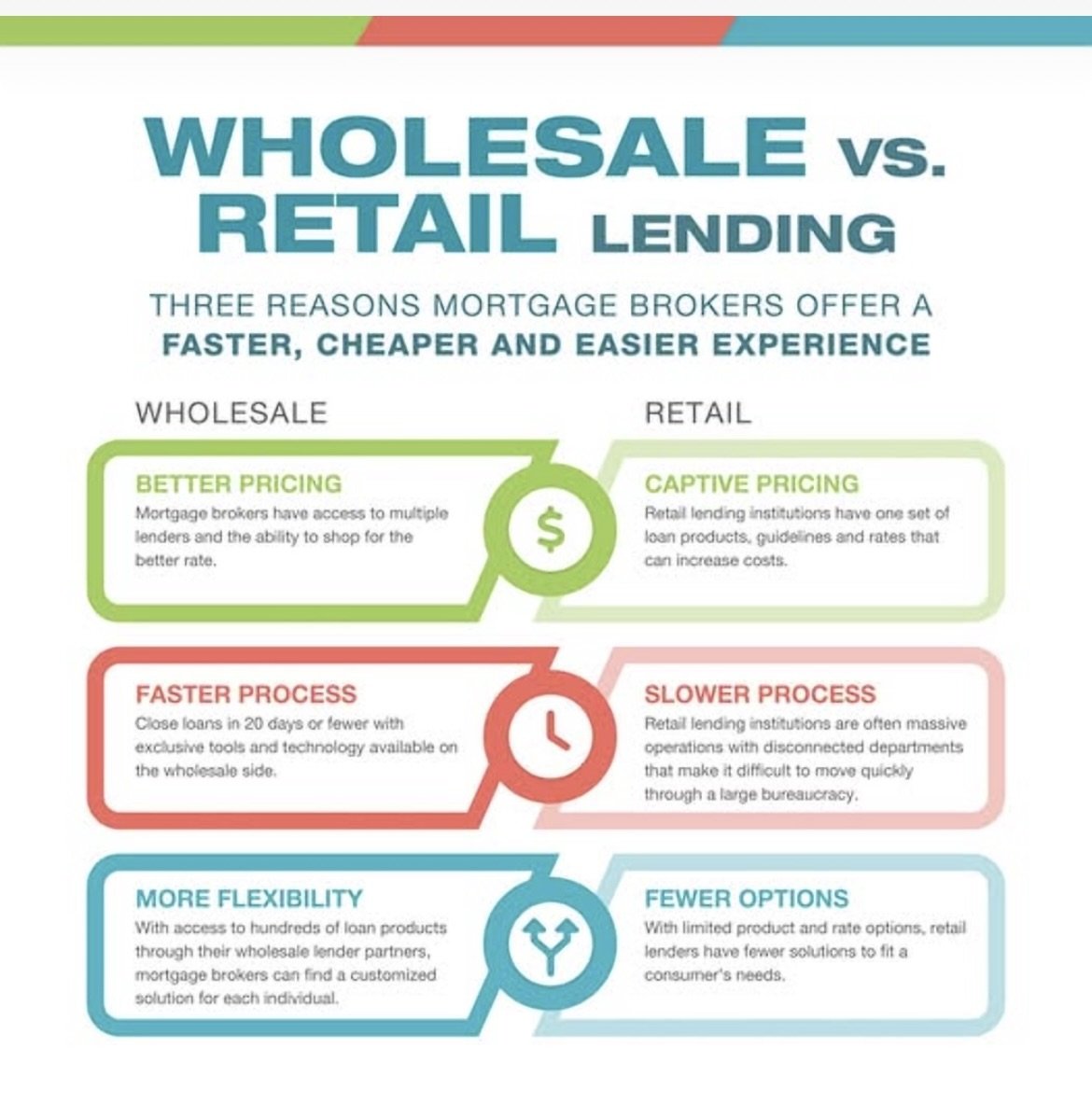Christmas and the Real Estate Market in South Florida: What You Need to Know
As the holiday season rolls in, South Florida’s famous beaches, festive lights, and balmy weather make it a picture-perfect setting for Christmas celebrations. But alongside the cheerful spirit of the holidays, there’s another notable shift happening in this tropical paradise—one that’s taking place in the real estate market. Whether you're a homebuyer, investor, or simply a local keeping an eye on the market, it's worth understanding how the Christmas season impacts real estate trends in this vibrant region.
1. A Seasonal Slowdown, But Not a Stoppage
In many parts of the country, the winter months traditionally bring a lull to the housing market. Buyers are focused on holiday plans, families are tied up with school schedules, and colder weather can make house hunting less appealing. However, in South Florida, the seasonal slowdown is often more moderate than in northern states. The region's sunny climate and tourist appeal mean that while activity may slow down from its peak, it doesn’t come to a halt.
Real estate agents and investors often experience a quieter market during Christmas, but this can be an advantage. Fewer listings mean less competition, so savvy buyers can often find good deals, especially if they’re not tied to school schedules or holiday travel. Sellers, too, can benefit from having less competition on the market, giving their property a better chance to stand out to those who are actively looking.
2. Winter Visitors Bring Increased Demand
One of the unique aspects of the South Florida market during the holidays is the influx of seasonal residents—snowbirds. Every year, thousands of people from colder climates flock to the area, bringing with them an increase in demand for both short-term rentals and long-term homes. This surge in population tends to lift demand for real estate during the final months of the year.
Many snowbirds look for second homes, vacation properties, or rental units for the winter months, contributing to a short-term boost in both sales and rental markets. Real estate professionals in popular areas like Miami, Fort Lauderdale, Palm Beach, and the Keys report an uptick in buyer activity during this time. If you’re considering selling a home or investment property, the winter season could be an excellent opportunity to capture attention from this influx of potential buyers or renters.
3. Holiday Season Can Offer Motivation for Serious Buyers
Though the holiday season typically sees fewer buyers actively hunting for homes, those who are looking tend to be serious. Buyers in December and January are often motivated by factors such as tax advantages, relocation for work or family, or the desire to close a deal before the new year. Sellers in South Florida can take advantage of this focus by showcasing their homes to a more committed pool of prospective buyers.
Additionally, December and January are crucial months for those looking to capitalize on year-end tax benefits, such as taking advantage of property tax deductions or securing mortgage-related tax breaks. These factors create a sense of urgency that can lead to quicker, more efficient negotiations, with fewer distractions than you might experience in the peak summer months.
4. Supply and Demand Trends During the Holidays
The balance of supply and demand during the holiday season can have an interesting effect on pricing. Typically, there are fewer homes available during Christmas, as many sellers choose to take their properties off the market for the holidays. While inventory dips, demand remains steady or even increases, particularly from out-of-state buyers looking for a winter retreat.
As a result, sellers might find themselves with a bit more leverage when it comes to negotiations, although the slower market pace can also create an opportunity for buyers to get a better deal. It’s not uncommon for motivated sellers to drop their asking prices slightly to close a deal before year-end, but there’s usually not the same level of markdowns you might see during slower months in other parts of the country.
5. Why the New Year Could Be a Big Opportunity
The Christmas period in South Florida offers a break from the frenetic pace of the spring and summer real estate rush. However, as we head into the new year, the market picks back up quickly, with buyers and sellers eager to start fresh in January. If you're a buyer who doesn’t find the perfect home over the holidays, January typically brings more listings back onto the market, making it a great time to continue your search.
For sellers, a well-timed listing in the first month of the new year can attract a fresh crop of motivated buyers. Many people use the new year as an opportunity to make significant life changes, such as relocating for work or upgrading to a larger home. With interest rates still somewhat volatile and economic factors in flux, having your property listed when the market is gearing back up could give you the edge.
6. Investment Opportunities in South Florida Real Estate
For investors, South Florida real estate offers a diverse landscape during the holiday season. Whether you’re looking for rental properties, multi-family homes, or luxury condos, the demand for short-term and vacation rentals increases significantly during the winter months. The region’s steady influx of tourists, seasonal residents, and snowbirds provides a consistent demand for rental properties, making it a potentially lucrative time for those who can take advantage of it.
Vacation homes in popular areas like Miami Beach, Key Biscayne, and Fort Lauderdale can generate strong short-term rental income during this period. However, investors should keep an eye on local regulations regarding vacation rentals, as some cities and counties have implemented stricter rules around short-term leasing. Conducting thorough research before making an investment is always key to maximizing potential returns.
7. Final Thoughts
The Christmas season in South Florida may bring some challenges for buyers and sellers, but it also presents unique opportunities. The region’s mild winter weather, influx of snowbirds, and continued demand for second homes or vacation properties mean that South Florida real estate remains a dynamic market even during the holidays. Whether you're looking to buy, sell, or invest, the holiday season provides a moment to regroup and carefully consider your options—before diving into a bustling new year in the Sunshine State.
If you're planning to make a move in South Florida real estate this season, be sure to work with a local agent who understands the seasonal trends and can help you navigate the market to make the most of the holiday season.



